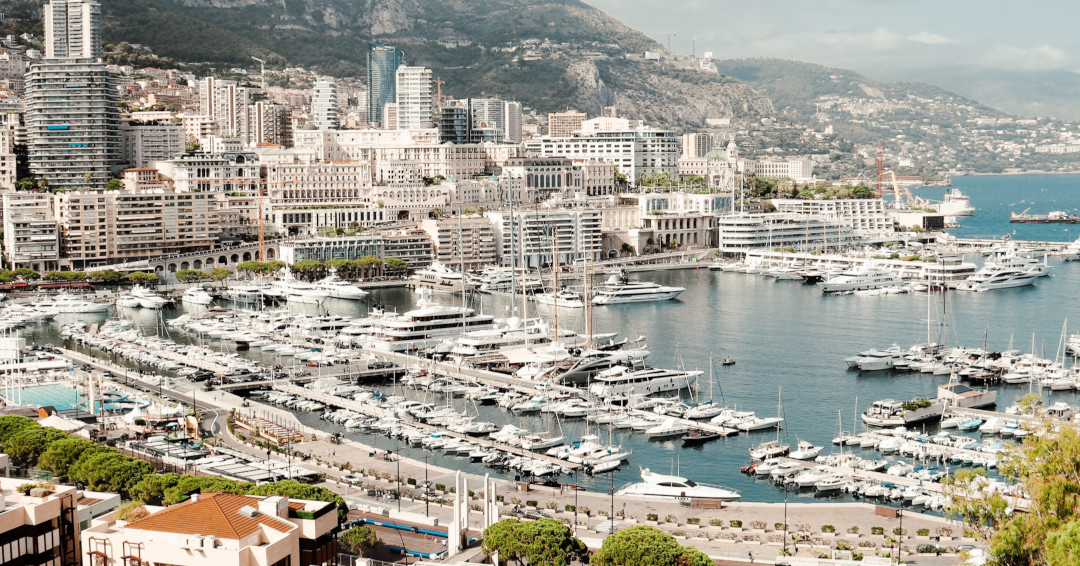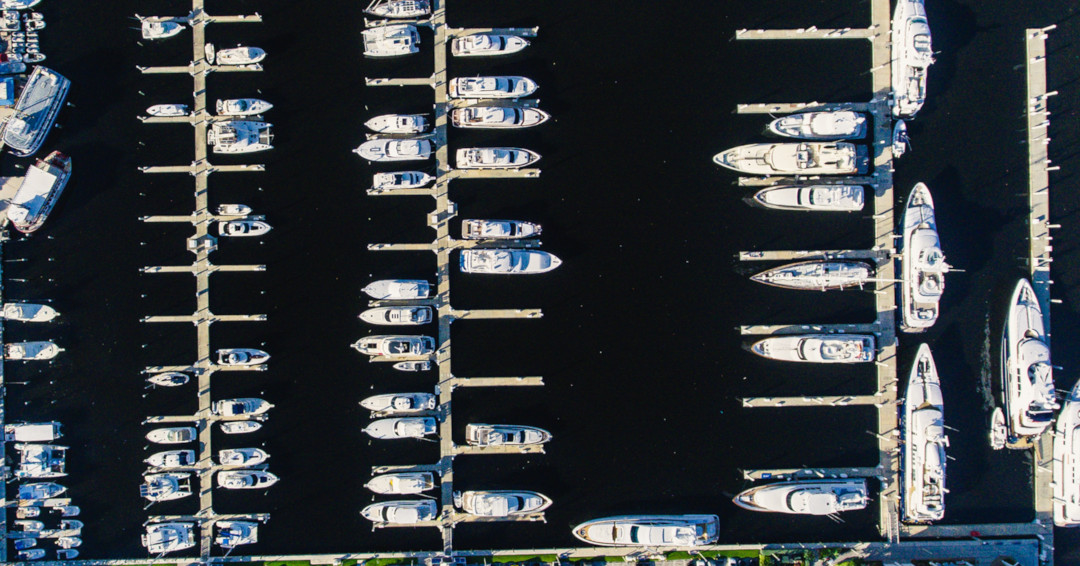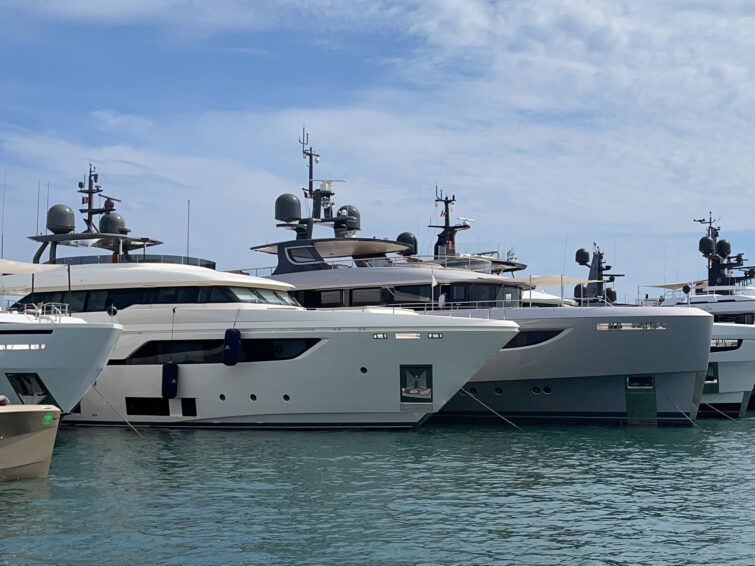
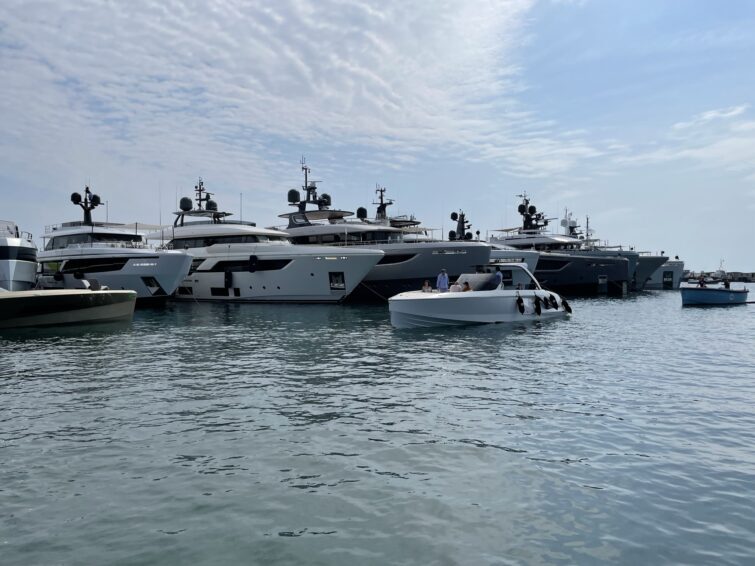

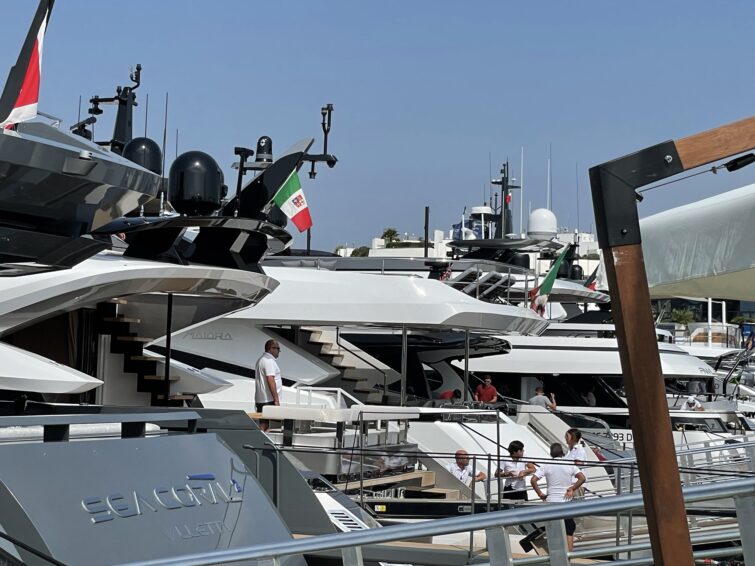
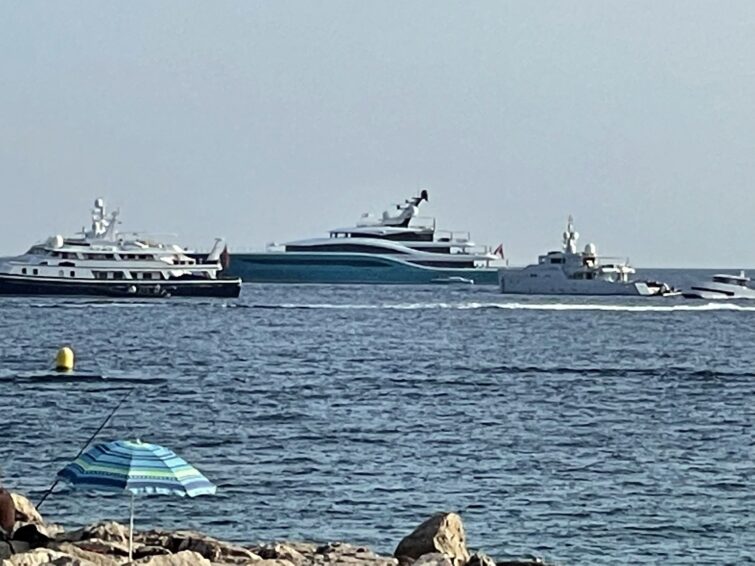

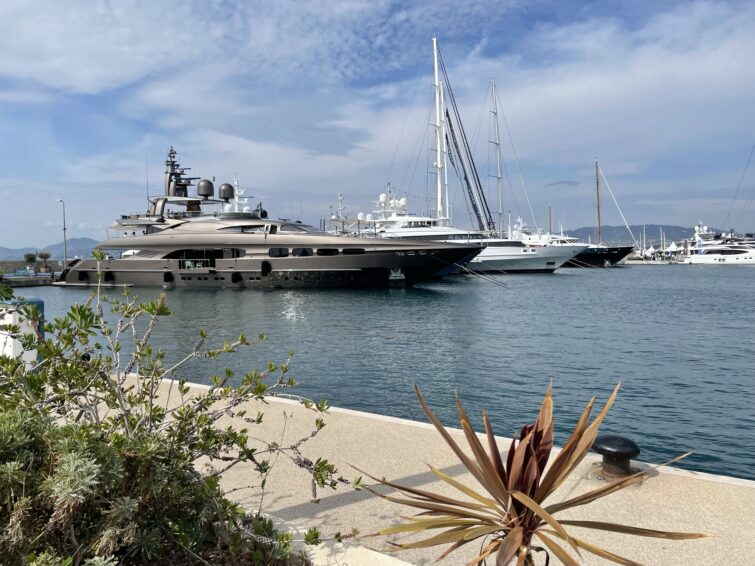
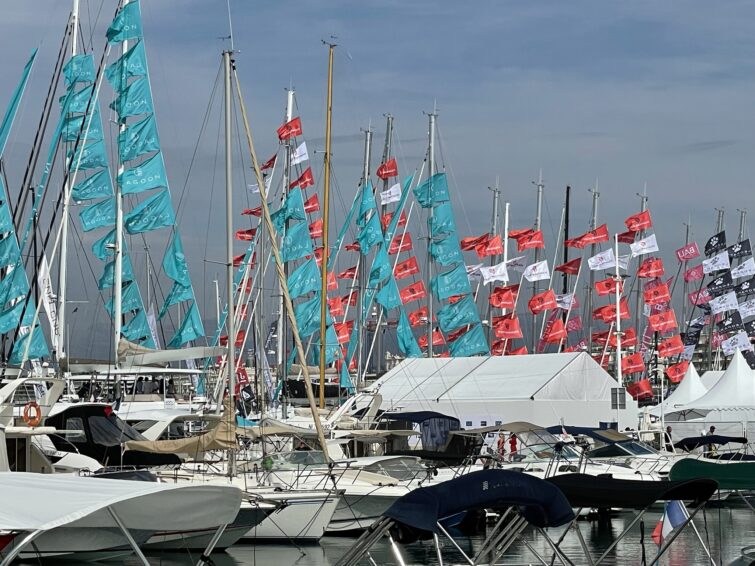
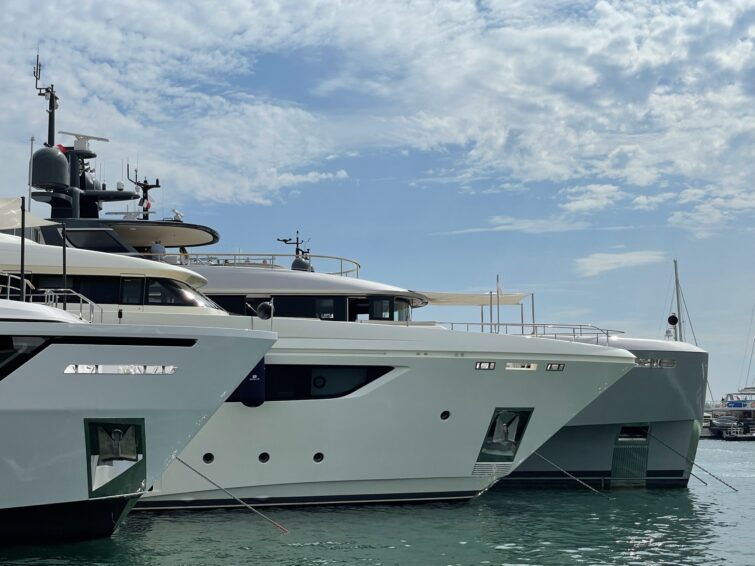
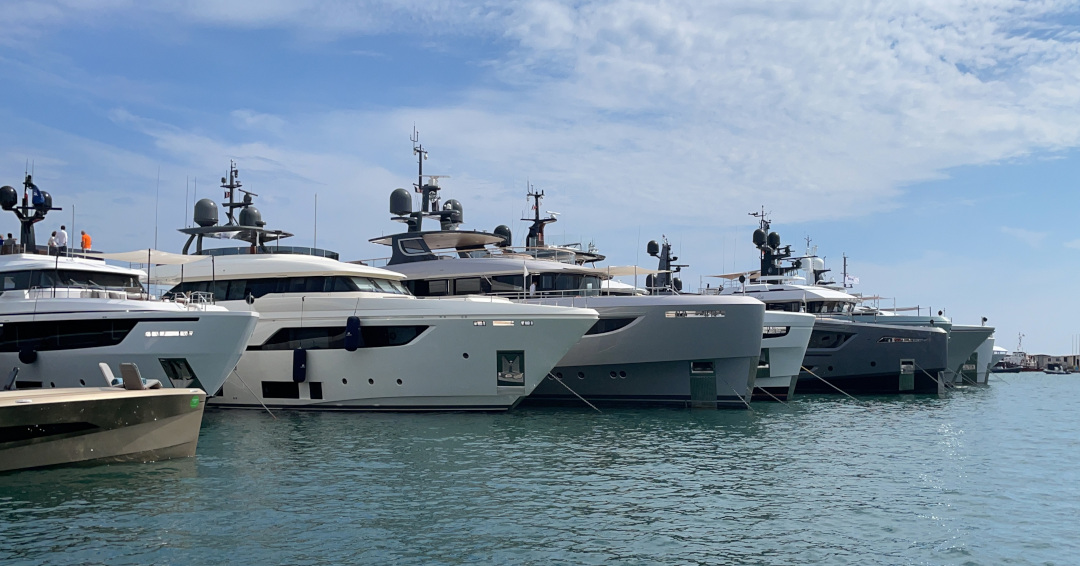









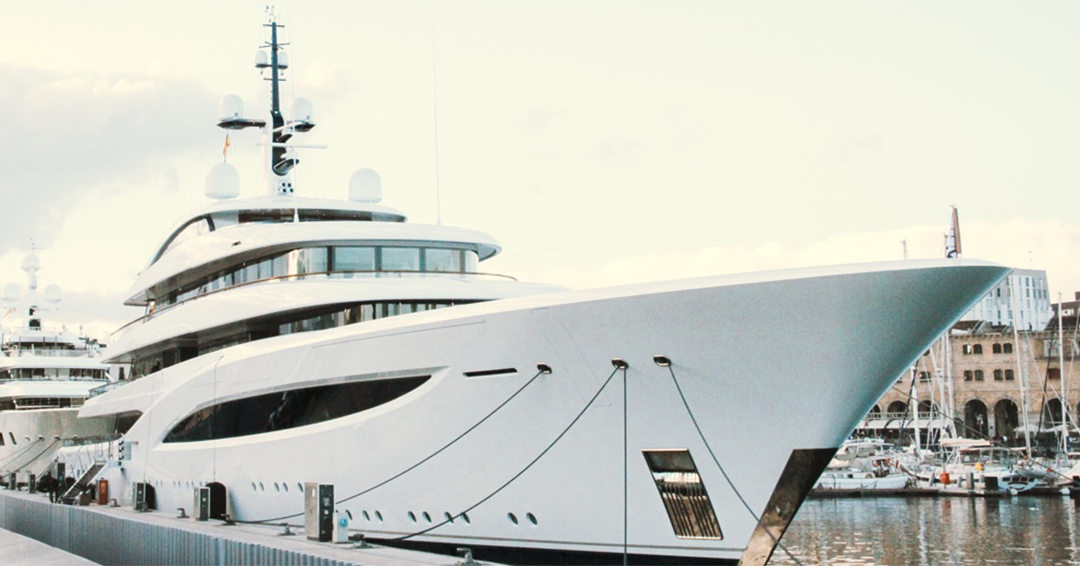
Malta is a well-known and popular jurisdiction within the yachting sector. It has the largest shipping register of vessels in the EU and the 6th largest in the world. It is also a jurisdiction that is ‘leading the way’, with a number of initiatives in this sector.
Yachts need to meet obligations for ‘commercial passenger ships’ and it is widely recognised when considering the operational pattern and risk profile of yachts, that these requirements, are in some instances disproportionately onerous and impractical in terms of design and implementation.
As the trend for larger commercial yachts increases, the 12 passenger limitation rule has become more problematic and has resulted in an increase in administration for a number of organisations, including the Malta Merchant Shipping Directorate. This, combined with encouragement from the yachting industry, has provided impetus for Malta to develop the ‘Passenger Yacht Code’, to meet industry demands.
The Malta Passenger Yacht Code is applicable to passenger yachts, which carry between 12 and 36 passengers, do not carry cargo, and which sail internationally. The Code is intended to cater exclusively to the yachting sector of the market, it is not intended to apply to the excursion and/or ferry passenger sectors of the industry.
The new yacht code has been drafted by the Authority for Transport in Malta, in consultation with various industry stakeholders including; yacht designers, yacht builders, repair yards, specialised service providers and manufacturers, appointed surveyors and recognised organisations. This has been to ensure a wide representation of the industry.
A passenger yacht must be; surveyed, certified, audited and issued with Class and Statutory Certificates, applicable to passenger vessels, by a recognised organisation. Class Rules relating to passenger vessels will apply. Approval staff, auditors and surveyors must be experienced and qualified in passenger ship planning, audits, and surveys.
The Malta Passenger Yacht Code provides addition regulation, in particular in relation to safety, for example; life- saving appliances and arrangements, life at sea safety, navigation safety, and protection of personnel.
Where a passenger yacht remains static; berthed or anchored at sea, the yacht may be allowed to carry more than 36 passengers, as provided for in The Malta Passenger Yacht Code. For a passenger yacht to be able to be chartered on a static basis, the yacht would need to be issued with a statement by the Flag Authority, permitting static charters.
Once owners submit the necessary documentation and complete the designated survey and inspections, the Maltese Flag Authorities will issue the vessel with a Statutory Certificate.
All passenger yachts must, in addition, be classified by a Recognised Organisation (RO), and must maintain a valid classification throughout the validity period of the yacht’s statutory certificate. The applicable RO Rules for classification purposes are those used for the classification of passenger ships. Upon satisfactory completion of the required surveys or audits, the yacht’s RO needs to issue a certificate, confirming compliance with the Malta Code.
Passenger yachts certified under the remit of the Code may carry out International (Unrestricted) Voyages or Short International Voyages, as defined by The International Convention for the Safety of Life at Sea (SOLAS).
The introduction of the Malta Passenger Yacht Code is a welcome development for those who plan to register larger commercial yachts under the Malta flag. It enables larger yachts to carry between 12 and 36 passengers.
It offers a solution to the many technical issues and concerns which were previously faced by prospective registrants.
If you would like further information regarding the registration of a yacht and opportunities available through Malta, please speak to Jonathan Vassallo: advice.malta@dixcart.com, at the Dixcart office in Malta or your usual Dixcart contact.

Jonathan Vassallo has been co-opted to join the Yachting Services Executive Committee of the Yachting Services Business Section, within the Malta Chamber.

This section represents one of the biggest categories within the Chamber in terms of members.
During the past couple of years the Chamber has been dealing with the challenges faced by the industry. It has continued to work closely with the authorities to propose new, and re-visit existing practical applications and procedures, designed to have a positive impact on the yachting industry in Malta.
This is an ongoing exercise to ensure that this yachting sector remains dynamic and at the forefront of the industry internationally. A number of procedures and guidelines have been adopted and fine-tuned, and this has helped to ensure that Malta remains an attractive jurisdiction for yacht owners and operators.
Jonathan is keen to be part of this team and use his experience to contribute to the Yachting Services Executive Committee for the benefit of this sector within the Malta economy.
For the next two years, the key objective of the Committee is to continue to offer a robust platform for the yachting industry and to collaborate with the authorities and stakeholders to improve Malta’s already strong position within the yachting world.
You can contact Jonathan, in the Dixcart Malta office at: advice.malta@dixcart.com
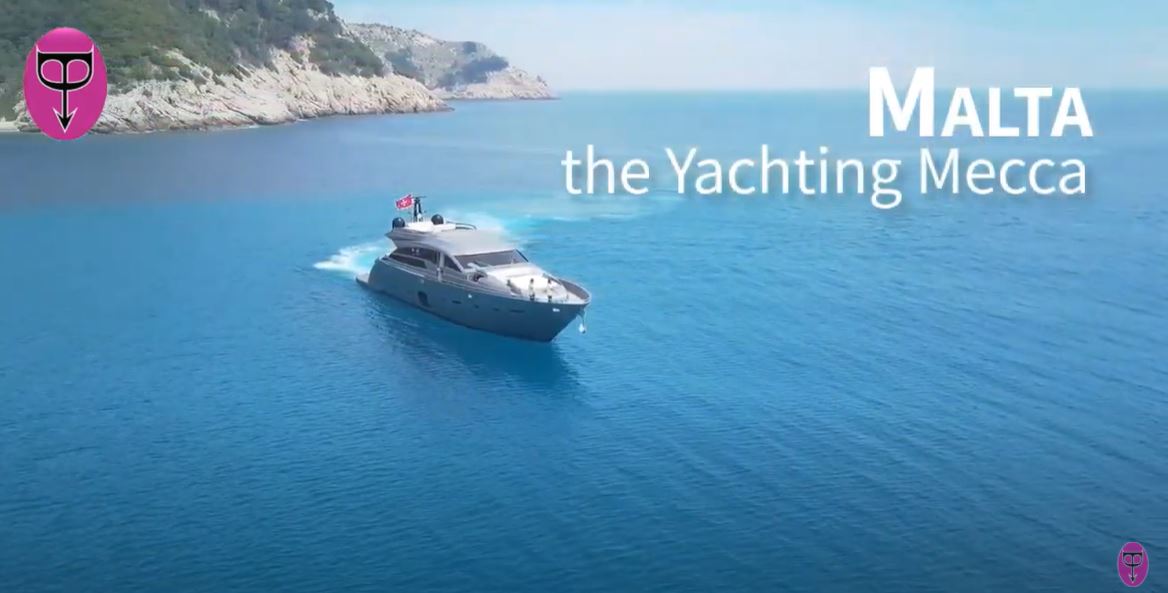
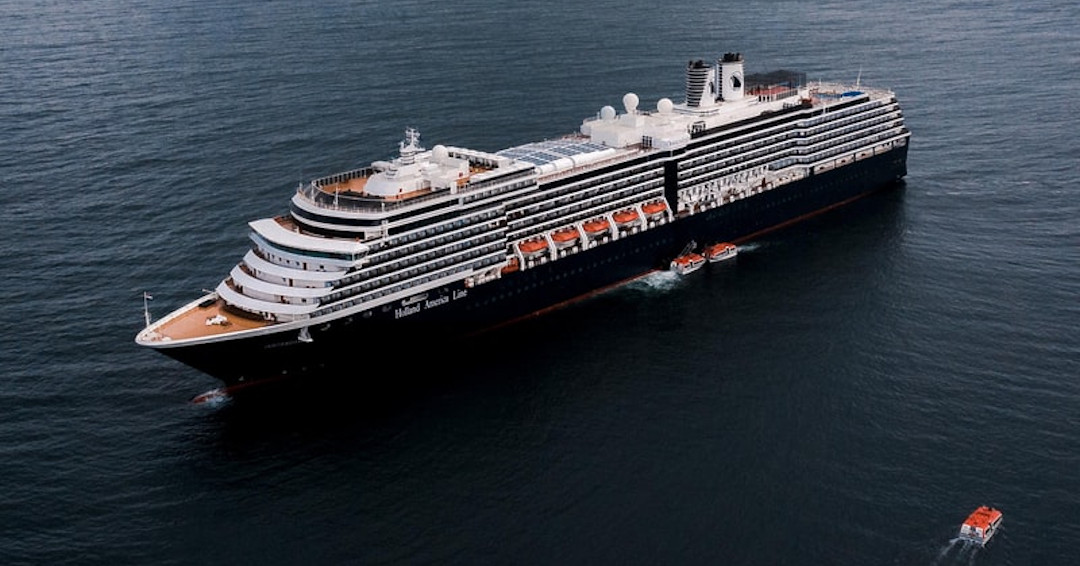
The International Shipping Register of Madeira (MAR) was established in 1989 as part of the Madeira International Business Centre (“MIBC”) “package” of taxation benefits. Portugal is an attractive jurisdiction for ship or yacht registration, with over half a million vessels are now registered with MAR. It is also ranked the fourth international shipping register in the EU. If you are in the process of deciding where to register your vessel, Portugal should be considered.
Vessels registered with MAR carry the Portuguese flag and are subject to the International Treaties and Conventions entered into by Portugal. The register is of a high standard, has EU credibility, is not regarded as a flag of convenience, and is whitelisted in both Paris MoU and Med MoU. Moreover, it has never been regarded by the ITF as a flag of convenience.
It is important to note that the Portuguese Government is determined to boost the maritime economy, taking concrete steps to put MAR among the leading European flags. In this context we must point out that MAR is one of the first flags to fully introduce an efficient digital system, allowing for the dematerialisation of all procedures and the issuing of electronic certificates following the IMO Guidelines for the use of electronic certificates.
In the words of MAR’s Technical Commission, “Portugal considers digitalization in the maritime transport as a very relevant development, namely in respect to expediting sharing of information, improving security and traceability of documentation and reducing administrative burdens.”
It is therefore clear that MAR is offering the best quality package to owners worldwide, as any individual or entity can register a vessel with MAR. There are no nationality requirements for ship-owners of vessels registered in MAR and they are not required to have their head office in Madeira. In addition, if the entity is registered with the International Business Centre of Madeira (MIBC), and undertakes maritime transportation, it can enjoy specific tax incentives provided by the MIBC.
If you are interested in finding out more about Ship or Yacht Registration in Portugal and would like to take advantages of the benefits listed within this article, please contact: advice.portugal@dixcart.com, or your usual Dixcart contact.
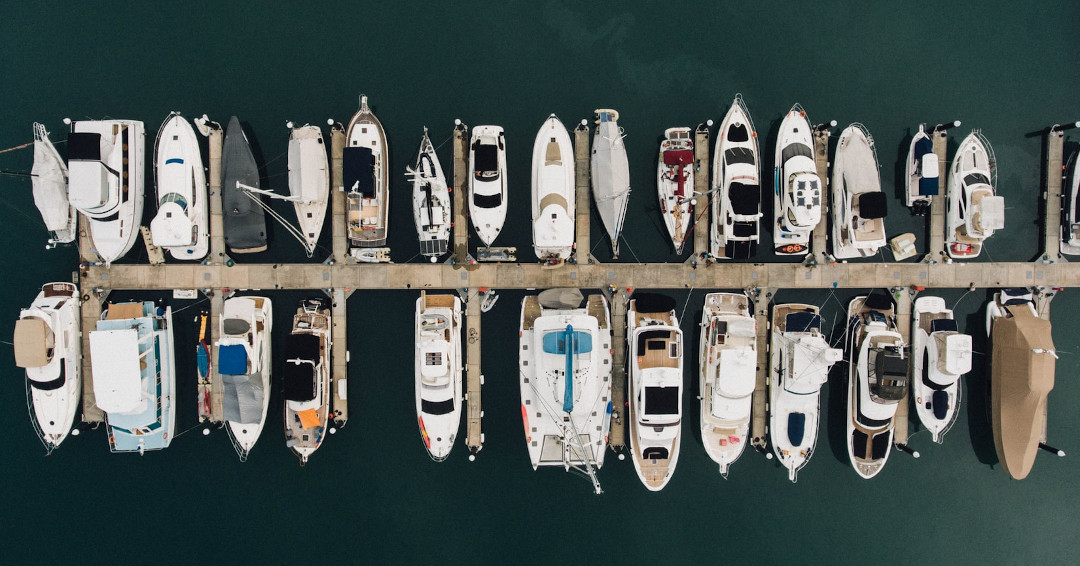
Choosing the right jurisdiction for the registration and domiciliation of a yacht is key. Especially for luxury yachts.
Malta’s reputation as an international centre of Maritime excellence, makes it a popular choice for yacht registration. This applies for both commercial registrations whereby a yacht undertakes commercial chartering, and also in terms of pleasure registrations where leasing is popular.
Cyprus is another attractive jurisdiction in the EU for yacht registration and leasing.
Alternatively, Guernsey, close to the UK, is of interest to owners of certain types of pleasure yacht, and the Isle of Man is attractive due to a number of tax efficiencies.
The Dixcart office in Madeira (Portugal) has registered yachts in the Azores and in the low tax international business centre of Madeira. The Azores (Portugal) can be a preferred location for yacht importation into the EU due to its low rate of VAT.
Whether you are a prospective buyer or an existing owner of a luxury yacht – these top tips are for you.
Advisers often need to guide clients on the most suitable jurisdiction to flag a vessel. Historically, advisers have preferred tried and tested jurisdictions, but in today’s competitive world there is increasing importance on other issues such as jurisdiction perception, international transparency, time differences, appropriate legal systems, expertise, and growing costs associated with certain jurisdictions.
“Best practice” to select a suitable flag would generally include consideration of the following criteria:
Owners who choose a flag outside of their country of residence do so for one of the above reasons. Just remember, once you have chosen where to register your vessel, some of that particular country’s laws may apply to your yacht since a yacht is considered as an extension of the country under which it is flagged.
VAT is chargeable on any commodities imported into the EU, and yachts are no exception. VAT is also charged on commercial use of such yachts within EU territorial waters. Therefore, it is important to understand how VAT affects you.
As expected, EU member states have different VAT rates and also have their own interpretation regarding certain EU VAT directives. There may also be local practical procedures which differ from those of other countries – so it is important to speak to a professional adviser to clarify the legislation and procedures that could apply to you. Once the VAT element is settled, a yacht can circulate freely throughout the EU.
On the other hand, any private yachts owned by a non-EU resident registered under a non-EU flag may be allowed to enter EU waters for up to 18 months without VAT implications, on a Temporary Import Basis. If this applies to you, more information can be provided on request: advice@dixcart.com.
Corporate entities can register luxury yachts, and this is the option chosen by the majority of yacht owners. Most yacht owners will choose an LLC in order to reduce their personal liability associated with the yacht, however alternative options also exist.
But why? What are the benefits? One of the most common reasons is limited liability. By registering a yacht under a limited liability company, the owner can mitigate their personal liability and protect their personal assets.
In addition, if the decision is made to sell the yacht, by holding it under an entity, the ease of transferring the shares from the holding company to the buyer, is far easier especially if the buyer wishes to maintain the existing structure, crew, flag, and setup. Instead of selling the yacht, the owner can sell the company itself, which may be exempt from sales tax, depending on the circumstances.
Where a vessel owner decides to register their luxury yacht or ship and the relative owning structure is an important consideration. It can present significant implications in terms of managing the vessel and the tax effects that may result.
Structured ownership can provide various opportunities in terms of yacht acquisition and subsequent operation. The challenge is getting it right.
Dixcart Air Marine can assist clients with the registration of luxury yachts in a number of jurisdictions, provide a complete service in terms of the formation and management of the corporate entity, ongoing maintenance of the yacht registration itself, and additional concierge services, from assisting with crewing, including crew contracts, and payroll.
For more information, please contact:advice@dixcart.com or your usual Dixcart contact.
Dixcart Trust Corporation Limited, Guernsey: Full Fiduciary Licence granted by the Guernsey Financial Services Commission. Guernsey registered company number: 6512.
Dixcart Management (IOM) Limited is licensed by the Isle of Man Financial Services Authority.
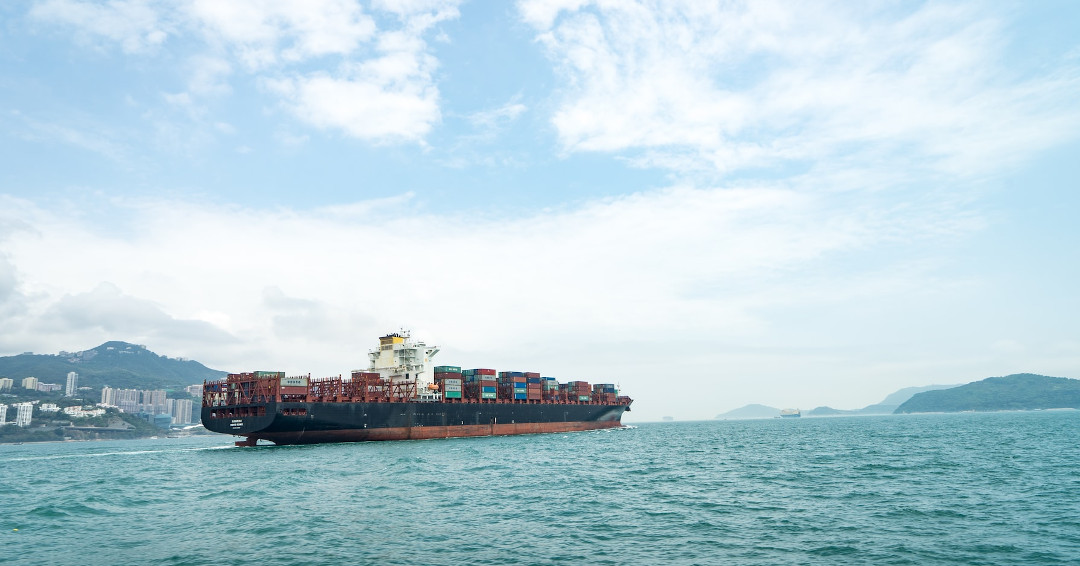
The Team and Activity
Dixcart Air Marine assists clients with the registration of yachts, ships, and aircraft in a number of different jurisdictions.
Our team of experienced professionals across the various Dixcart offices, provide a complete service for clients. Professionalism, coupled with practical experience, help guarantee a smooth process for our clients and enables them to access a range of attractive measures that are available in the different jurisdictions.
Dixcart Air Marine can coordinate the entire yacht, ship, or aircraft purchase and/or ownership. To maximise the benefits, one of our professionals should ideally be involved as early as possible – as soon as the thought of owning the asset has occurred to the client. To see the full range of services available, please click here.
Introduction to Jonathan Vassallo and Paul Harvey
Jonathan Vassallo from the Malta office and Paul Harvey from the Isle of Man office are two key members of the Dixcart Air Marine team that we are introducing you to today.
Jonathan joined Dixcart in September 2009. He is a member of the Association of Chartered Certified Accountants, the Malta Institute of Taxation, the Malta Institute of Accountants, and the Malta Institute of Management. Jonathan is also a member of the Yachting Business Section of the Malta Chamber of Commerce, Enterprise and Industry. He is the Managing Director of the Dixcart office in Malta.
Paul Harvey, an accomplished figure in offshore financial services, brings over two decades of expertise to his role at Dixcart Management (IOM) Limited. With expertise regarding superyacht holding structures, Paul collaborates closely with a network of tax advisers, lawyers, and industry experts to ensure the efficient establishment, management, and administration of these prestigious assets. His expertise extends to both private and commercial vessels.
Jonathan Vassallo – jonathan.vassallo@dixcart.com

Jonathan was appointed Director of Dixcart Management Malta Limited at the start of 2013 and Managing Director during 2018. His role is to develop and implement strategy for the Malta office ensuring that the Group’s high standards of compliance and operational control are maintained. He manages a number of relationships with international clients and particularly specialises in the areas of yachting, residence, and VAT. He has extensive experience with the registration of yachts and superyachts, the formation and administration of the relevant holding structures, and the ongoing management of yachting structures.
Before joining Dixcart, Jonathan Vassallo was involved in the manufacturing industry in Malta for thirteen years. During this term, he served as an Accountant and Financial Controller for two major furniture firms in Malta.
Paul Harvey– paul.harvey@dixcart.com

Paul is a member of the Society of Trust & Estate Practitioners (STEP) and is skilled in handling complex tax and legal matters related to superyachts. He regularly attends events such as the Monaco Yacht Show.
Paul became a member of the Society of Trust & Estate Practitioners (STEP) and joined the Dixcart office in the Isle of Man in 2009, later becoming a director of Dixcart Management (IOM) Limited in June 2017. He maintains daily engagement with clients, advisers, and yacht professionals, leveraging over 20 years of offshore financial services experience to navigate the tax and legal complexities of superyacht holding structures effectively.
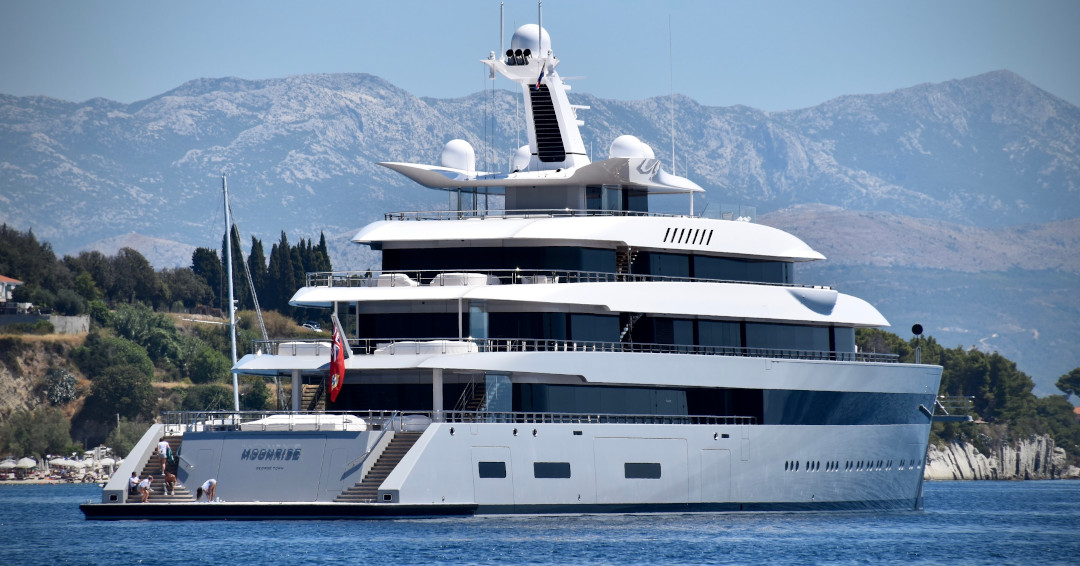
2020 was mired with uncertainty, but with an end to Brexit negotiations, vaccines, and the promise of further freedoms around the corner, 2021 will hopefully be a return to calmer waters. You, or your clients, may even have started to consider what happens next with regards to their Yachting activities. Here’s why you should consider the Isle of Man for yachting:
With the dust settling in the wake of the UK’s departure from the EU, resulting in a nearly 1,300 page EU-UK Trade and Cooperation Agreement, there is now more clarity on the Agreement’s impact on Yachting activities and potential tax implications. One such clarification being that, following the UK’s exit from the EU, the Isle of Man is no longer deemed EU resident by association. As such, Yachts owned via an Isle of Man entity may qualify for Temporary Admission into EU waters.
In this article, we will be covering the following topics to provide a quick overview:
Temporary Admission (TA) for Private Yachts
Temporary Admission (TA) is a Customs procedure, in line with the Istanbul Convention 1990, which allows certain goods (including means of transport – e.g., private Yachts) to be brought into the Customs Territory with total or partial relief from import duties and taxes, subject to conditions.
For example, the goods must be imported for ‘Specific Purpose’ and are intended for re-exportation within a specified period.
Whilst owners established outside of the Customs area are exempt from VAT under TA, Customs Duty relief varies, dependent on the jurisdiction’s classification of the vessel and its Specific Purpose for being imported.
For quick reference we have provided a table of the headline details/requirements below:
| EU TA |
| The Vessel is registered outside of the Customs Union. (The flag state of the Yacht is non-EU) |
| The vessel is used by an individual established outside of the Customs Union. (The owning entity is established outside the EU) |
| The vessel must be operated by an individual established outside of the Customs Union. (Ultimate Beneficial Owner must be resident outside the EU) |
| Some further conditions to note: The goods must be imported with the intention of re-exporting them at a later date (Maximum 18 months); No alteration of the goods is intended (allowing for maintenance/upkeep), i.e. no value is to be added; The goods can be clearly identified (e.g., hull identification number etc.); The overall Customs requirements are met; and A guarantee is provided, if required (specific to the Member State). |
How to meet the requirements of Temporary Admission (TA)
Thankfully there is a lot of scope for meeting the requirements for those wishing to set sail in the EU under TA:
For a TA procedure to apply with full VAT and Customs Duty relief, the Yacht must be registered in a jurisdiction outside of the EU (it will use the flag of a Non-Member State).
Following its departure from the EU, the Isle of Man now meets this criteria, alongside traditional favourites such as the Cayman Islands.
For our purposes, ‘individual’ refers to both Natural Persons and Corporate Entities. In this way we can have an individual established in a separate jurisdiction to the Ultimate Beneficial Owner (UBO) – often by way of a holding company, that will own the Yacht and which in turn will be subject to the local tax regime.
The jurisdiction of establishment in this case does not necessarily have to be the same as the chosen flag of the vessel.
For the purposes of TA, so long as the UBO is resident outside of the EU, they will qualify.
What Next? Things to Consider When Planning Your Yacht Fiduciary Services
When selecting a suitable ownership structure for the registration of a Private Yacht, which will benefit from TA within EU waters, we would suggest checking the following broad criteria.
Choosing a Jurisdiction for the Holding Structure
Choosing a Yacht Fiduciary Service
To assist with the specialist advice, corporate structuring, and administration of the Yacht, we would recommend ensuring that your service provider ticks the following boxes:
What are Your Yacht Fiduciary Service Options?
With so many well-established shipping registrars and a wide selection of beneficial jurisdictions for incorporating a holding structure, you would be forgiven for having flashbacks of 2020’s uncertainty. This is where we can help.
At Dixcart, your needs are our priority – we provide a bespoke and personal service for those looking to manage and administer their luxury assets; giving you access to experts as and when you require them.
Because we are based in the Isle of Man, we benefit from our Aa3 rated jurisdiction’s political, economic and environmental stability. The Island is a self-governed Crown Dependency, setting its own laws and rates of taxation.
Whilst we can access any number of shipping registers, our local registrar has an exceptional track record of service excellence; providing an approach that blends modern flexible services and competitive rates without compromising on quality.
The beneficial tax regime, business friendly government and OECD ‘Whitelist’ status ensure that the tax vehicles we offer can help you achieve your goals whilst remaining globally compliant.
An Isle of Man registered Company enjoys the following benefits:
We have been assisting clients and their advisers for over 45 years with the effective structuring and administration of wealth, having experience of utilising multiple shipping registers to ensign vessels in line with their desired purpose. If you would like to discuss how we can assist you in achieving the effective and efficient administration of a vessel we would be delighted to hear from you. Please contact Paul Harvey at the Dixcart Office in the Isle of Man: advice.iom@dixcart.com.
Alternatively, you can connect with Paul on LinkedIn or find out more about our Dixcart Air Marine services here.
Dixcart Management (IOM) Limited is licensed by the Isle of Man Financial Services Authority.
This information is provided as guidance as at 01/03/21 and should not be considered advice. The most appropriate vehicle is determined by individual client needs and specific advice should be sought.
